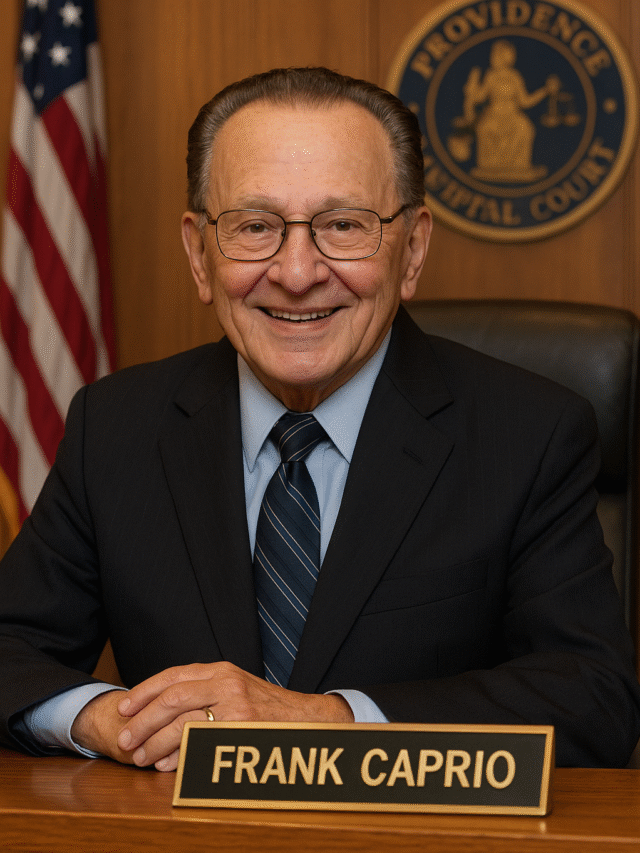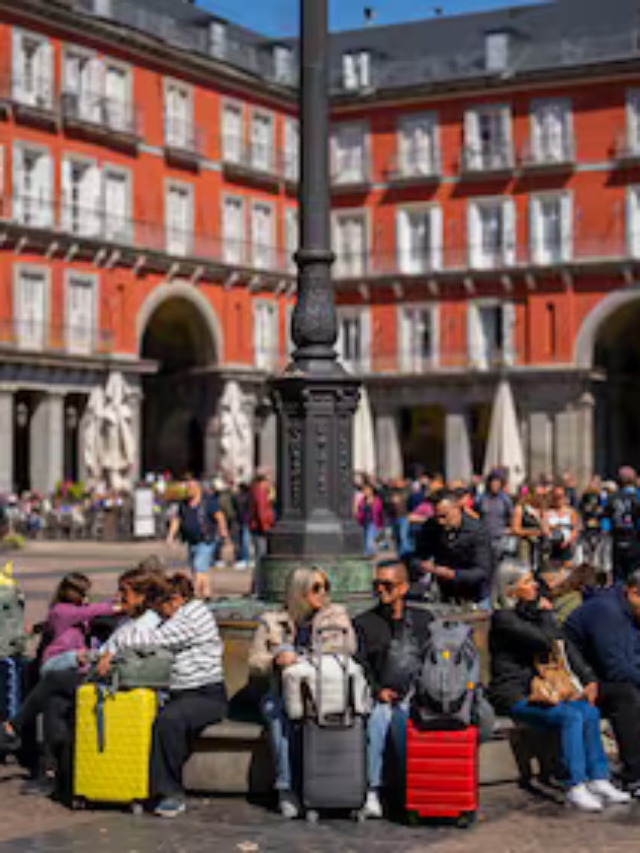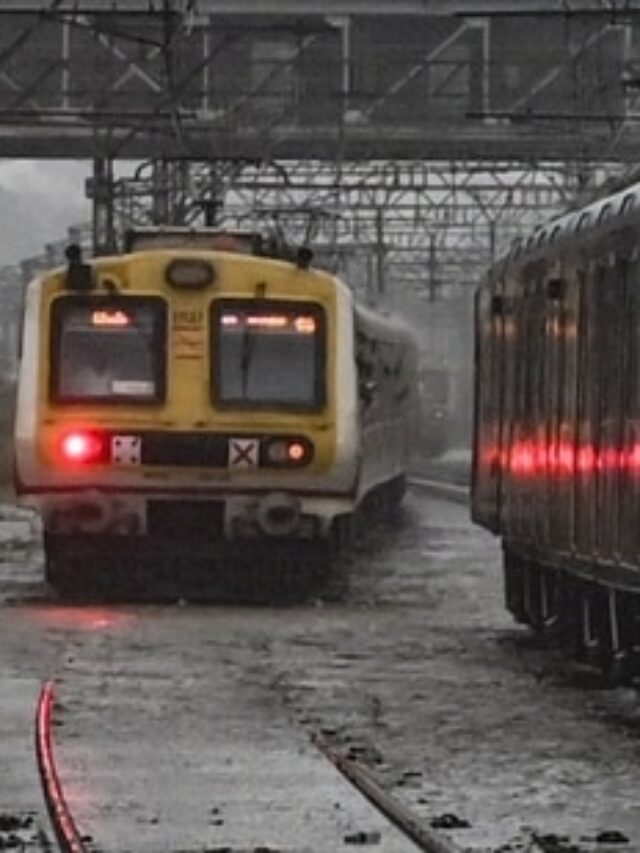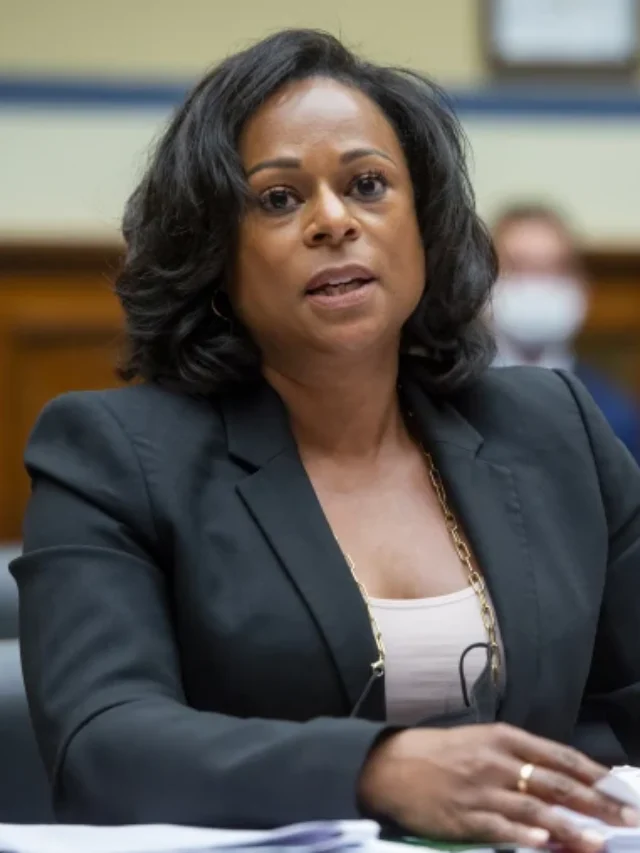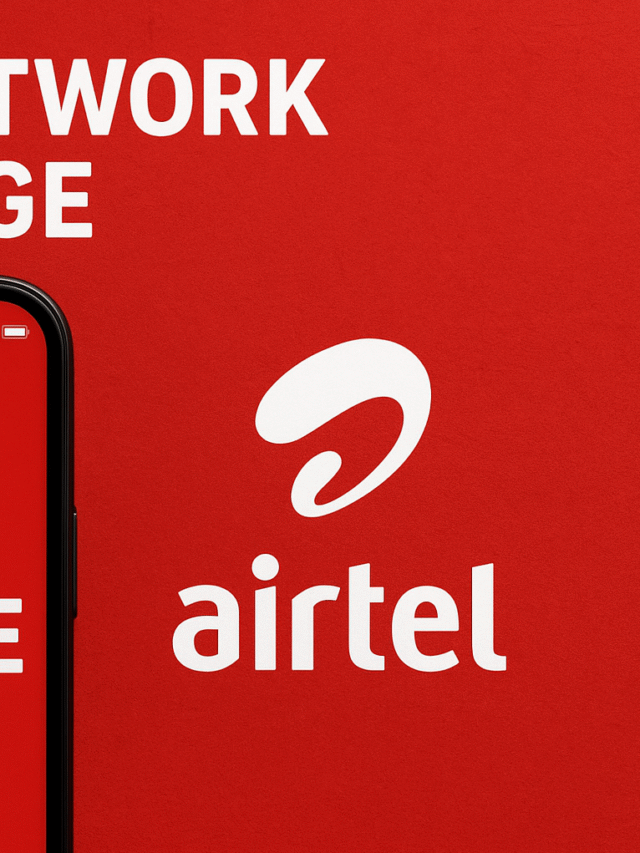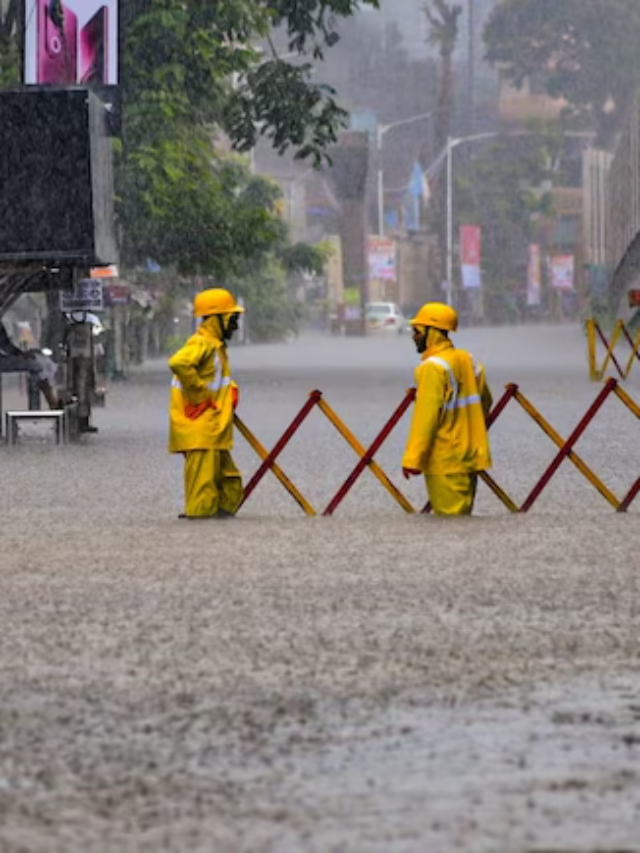Introduction: What’s Happening in Liberia?
As Liberia navigates through mid-2025, the nation stands at a crucial turning point. From political reforms and international partnerships to economic challenges and societal resilience, Liberia continues to define its place in West Africa. In this article, we explore the most important updates from July 2025 across governance, the economy, education, public health, and the environment.
Political Climate: Government Actions and Reforms
In July 2025, President Joseph Boakai’s administration continued to push forward with national reforms aimed at improving transparency, youth empowerment, and national unity. The government has intensified anti-corruption efforts, partnering with civil society organizations to increase public accountability.
Economic Outlook: Growth, Challenges & Investments
Health & Education: National Progress and Concerns
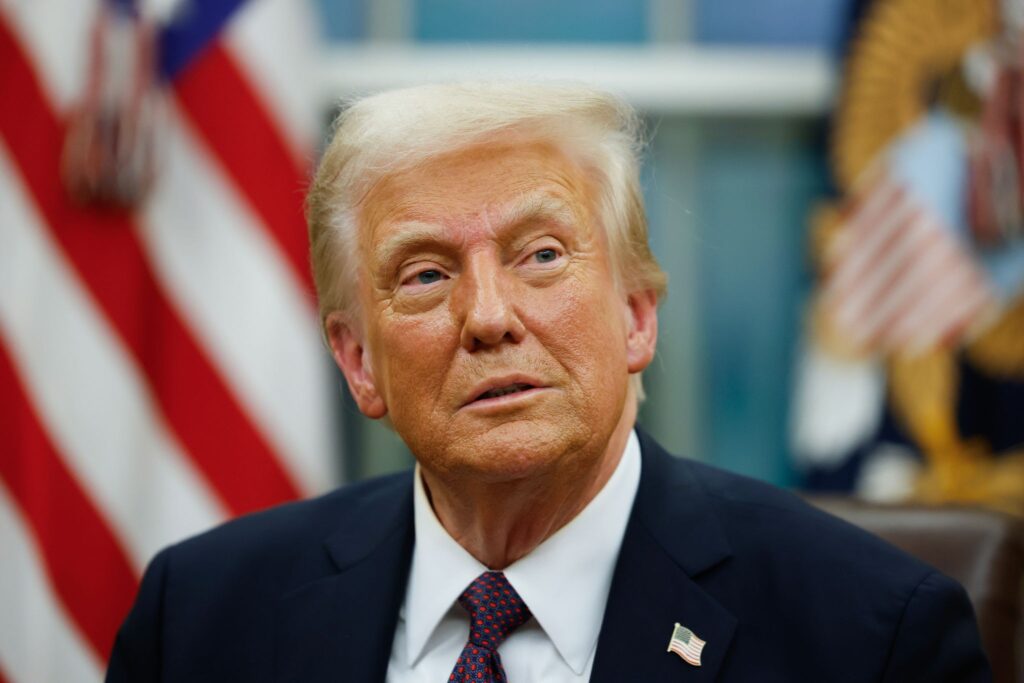
Liberia in the World: Regional Influence and Partnerships
Public Opinion: What Citizens Are Saying
Environment and Climate Impact
lush forests are once again under pressure. Despite international conservation agreements, illegal logging continues in protected areas like the Sapo National Park. Environmental activists are urging stricter enforcement and local community involvement in protecting forest reserves.
On a more positive note, the government recently signed a deal with a Norwegian climate fund, pledging $25 million to support Liberia’s reforestation and carbon-offset projects. This is part of the country’s broader Nationally Determined Contributions (NDCs) under the Paris Agreement.
